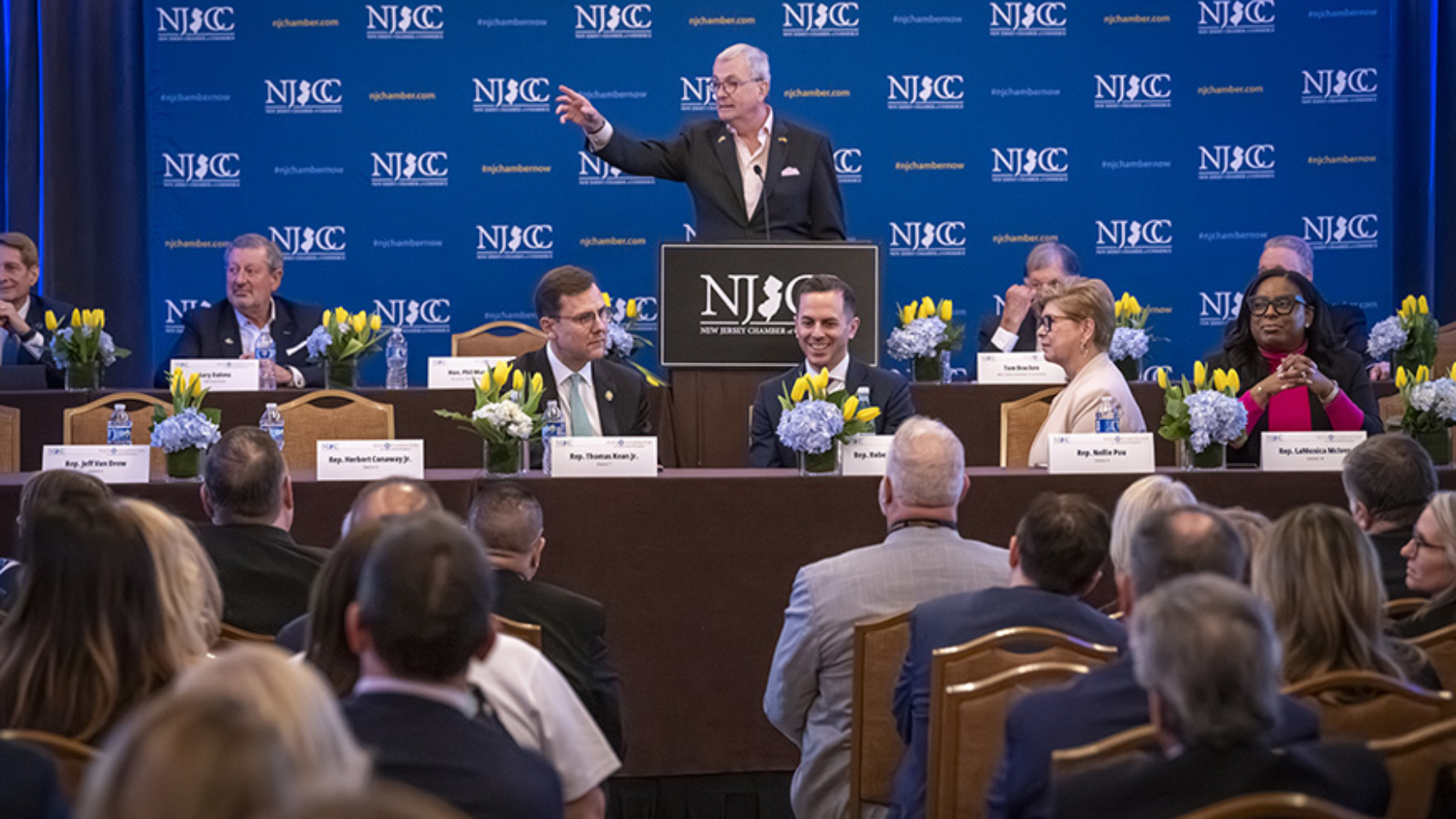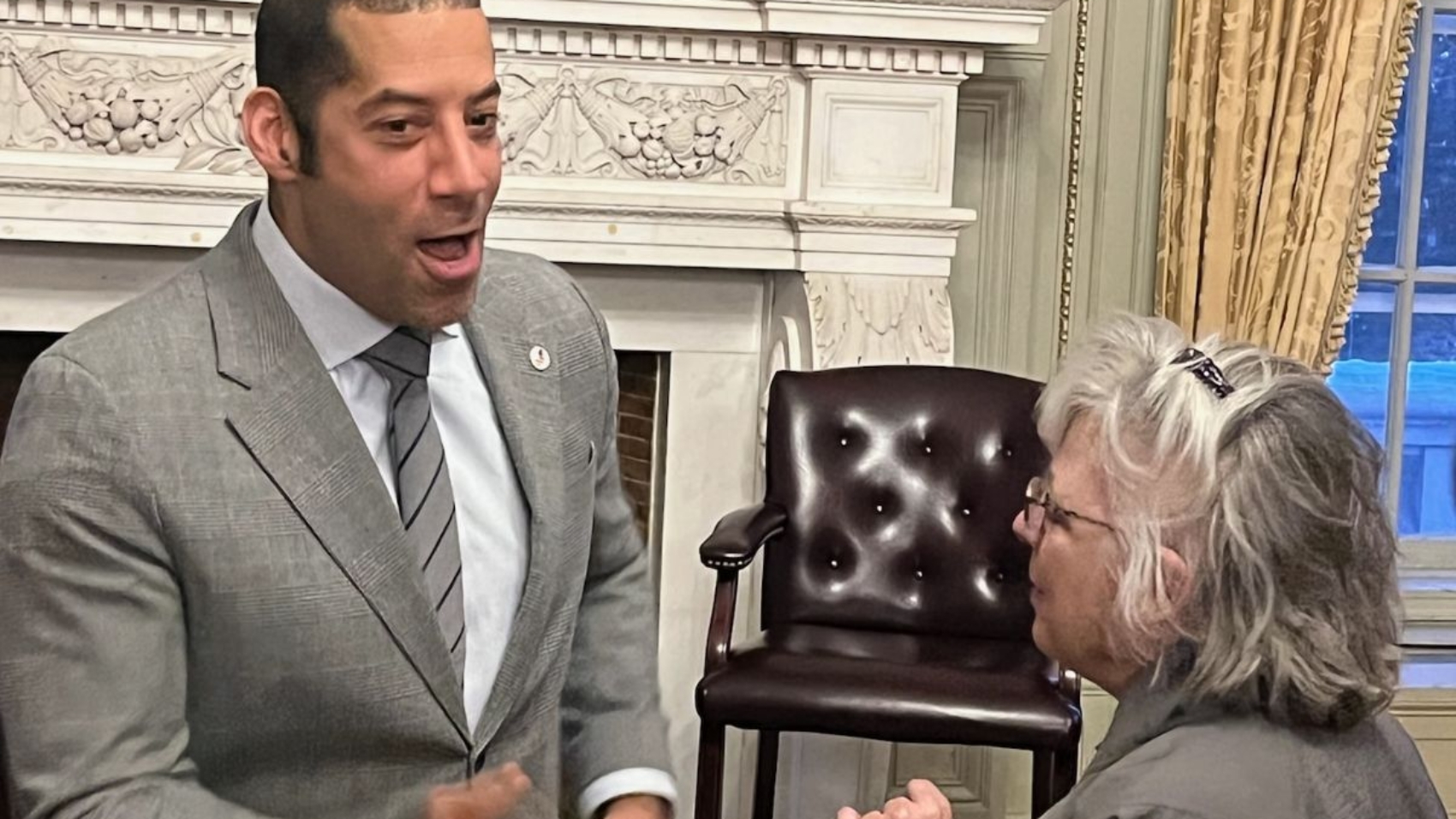[ad_1]
 Fulfill, the foodbank for Monmouth and Ocean counties and the Red Bank-based Parker Family Health Center, which provides free health care for uninsured individuals, have expanded their partnership with the launch of the Vital Bites Program, a new pilot program to ensure fasting patients leave Parker Family Health Center with nutritious breakfast or snack items following blood work.
Fulfill, the foodbank for Monmouth and Ocean counties and the Red Bank-based Parker Family Health Center, which provides free health care for uninsured individuals, have expanded their partnership with the launch of the Vital Bites Program, a new pilot program to ensure fasting patients leave Parker Family Health Center with nutritious breakfast or snack items following blood work.
Since the program began at the end of November, 280 patients have left with a healthy snack. The need for the Vital Bites Program was apparent when Center clinicians noted not all patients are able to buy food to refuel after fasting for blood work, which can lead to adverse effects including dizziness and fainting. Center dieticians and clinicians devised a plan for nutritious grab-and-go food items supplied by Fulfill that are appropriate for all patients, including those managing hypertension and diabetes.
Research shows that uninsured individuals are nearly twice as likely to experience food insecurity, and that food insecurity is associated with adverse health outcomes. The Vital Bites Program and the expanding partnership between Fulfill and Parker Family Health Center address these links by directly working to support patients’ food needs at critical moments. In addition to the Vital Bites Program, Parker hosts Fulfill’s mobile pantry program for monthly food distribution.
“Our partnership with Fulfill exemplifies the power of collaboration in addressing the whole health of our community,” said Suzy Dyer, Executive Director, Parker Family Health Center. “Fulfill’s commitment to wellness aligns perfectly with our mission and together, we’re making health care more accessible and compassionate.”
Parker Family Health Center, which for over 24 years has provided free health care to residents in Monmouth County who do not have health insurance or the means to pay for medical care, operates by a network of volunteers and health professionals who offer primary care, 14 specialties and multiple wrap-around services. In Monmouth County, over 31,000 residents are uninsured and more than 41,000 live in poverty.
Fulfill, the Food Bank of Monmouth and Ocean Counties, has recognized the importance of making fresh and nutritious food options available to neighbors facing hunger and its network of nearly 300 food pantry partners. Last year, Fulfill distributed enough food for 14.3 million meals, and more than 60% of the food supplied was nutrient-dense protein, produce and dairy items.
“We know that the most nutritious foods are often the most perishable and expensive – putting them the most out of reach for our neighbors facing hunger. It is our intention that this pilot initiative with Parker Family Health Center will grow as we identify additional ways we can support their patients who are facing food insecurity. Fighting hunger means meeting people where they are and finding creative ways to ensure they have access to nutritious food that fits their needs,” said Triada Stampas, President & CEO of Fulfill. “I look forward to continuing to deepen our partnership with the Parker team.”
Visit https://fulfillnj.org/vitalbitespilotprogram/ for more information.
[ad_2]
Source link
















